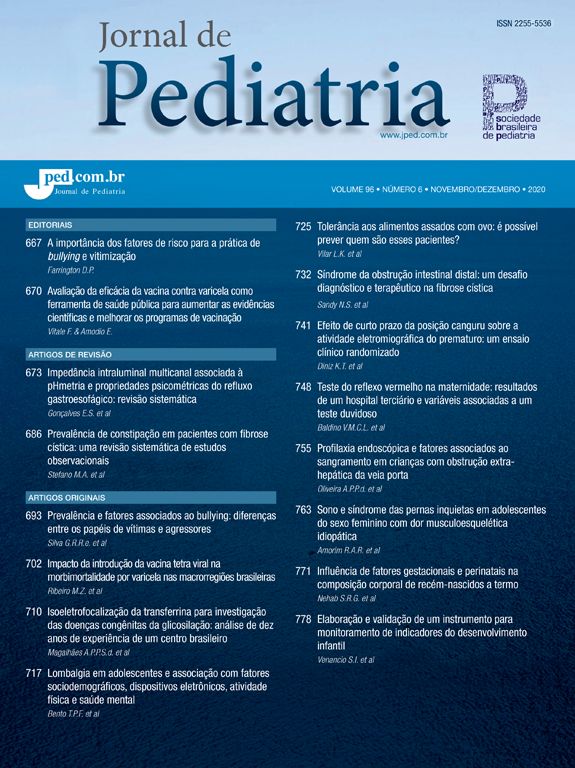que se leu este artigo
| Ano/Mês | Html | Total | |
|---|---|---|---|
| 2025 12 | 81 | 53 | 134 |
| 2025 11 | 205 | 45 | 250 |
| 2025 10 | 86 | 43 | 129 |
| 2025 9 | 64 | 36 | 100 |
| 2025 8 | 64 | 66 | 130 |
| 2025 7 | 43 | 45 | 88 |
| 2025 6 | 47 | 25 | 72 |
| 2025 5 | 69 | 36 | 105 |
| 2025 4 | 44 | 44 | 88 |
| 2025 3 | 31 | 31 | 62 |
| 2025 2 | 34 | 36 | 70 |
| 2025 1 | 27 | 29 | 56 |
| 2024 12 | 23 | 47 | 70 |
| 2024 11 | 27 | 34 | 61 |
| 2024 10 | 20 | 51 | 71 |
| 2024 9 | 23 | 42 | 65 |
| 2024 8 | 28 | 60 | 88 |
| 2024 7 | 27 | 52 | 79 |
| 2024 6 | 21 | 47 | 68 |
| 2024 5 | 17 | 19 | 36 |
| 2024 4 | 15 | 40 | 55 |
| 2024 3 | 23 | 28 | 51 |
| 2024 2 | 30 | 33 | 63 |
| 2024 1 | 21 | 29 | 50 |
| 2023 12 | 11 | 38 | 49 |
| 2023 11 | 21 | 57 | 78 |
| 2023 10 | 21 | 75 | 96 |
| 2023 9 | 20 | 54 | 74 |
| 2023 8 | 18 | 33 | 51 |
| 2023 7 | 14 | 35 | 49 |
| 2023 6 | 14 | 40 | 54 |
| 2023 5 | 19 | 51 | 70 |
| 2023 4 | 10 | 27 | 37 |
| 2023 3 | 13 | 33 | 46 |
| 2023 2 | 11 | 29 | 40 |
| 2023 1 | 10 | 32 | 42 |
| 2022 12 | 16 | 46 | 62 |
| 2022 11 | 20 | 58 | 78 |
| 2022 10 | 18 | 43 | 61 |
| 2022 9 | 14 | 54 | 68 |
| 2022 8 | 15 | 54 | 69 |
| 2022 7 | 14 | 49 | 63 |
| 2022 6 | 15 | 53 | 68 |
| 2022 5 | 13 | 55 | 68 |
| 2022 4 | 14 | 48 | 62 |
| 2022 3 | 13 | 35 | 48 |
| 2022 2 | 8 | 29 | 37 |
| 2021 1 | 3 | 14 | 17 |








